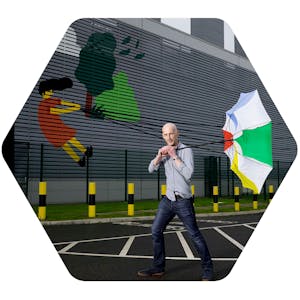Getting Started with Docker
About this Course
Welcome to the Getting Started with Docker course! This course aligns with the Docker Certified Associate (DCA) Certification requirements. The course aims to provide you with practical skills and knowledge in various aspects of Docker, from installation and configuration to advanced container management and optimization. This course requires a solid understanding of Linux as a prerequisite and comprehensive knowledge of docker. This course is designed for individuals new to Docker, as well as cloud professionals, architects, software developers, software engineers, technical leads, and system administrators. By the end of this course, you will be able to: - Gain hands-on experience with Docker Engine implementation, including installation on Ubuntu and CentOS, along with uninstallation procedures. - Learn the essentials of Docker Client configuration and understand Docker Registry operations for managing images effectively. - Master Dockerfile creation, explore its benefits and use cases, and learn to build Docker containers efficiently. - Dive into container lifecycle management, covering essential commands for starting, stopping, pausing, and restarting containers. - Explore advanced container configuration topics, such as naming containers, deploying applications, and optimizing container performance through runtime configurations. This course contains engaging videos, readings, and knowledge checks for a high-quality learning experience.Created by: LearnKartS

Related Online Courses
Having entrepreneurial skills is beneficial for everyone, whether in your personal or professional life. Entrepreneurship is not just about starting your own business, it is a mindset that pushes... more
Learn one of the most popular front-end frameworks, JavaScript React, in this hands-on course. Take the next step in your web development journey by learning how to build client-side user... more
Embark on a transformative journey in ethical hacking. This course begins with the fundamentals of penetration testing, where you\'ll set up a robust pentesting lab using VirtualBox and Kali Linux.... more
This is a self-paced lab that takes place in the Google Cloud console. In this lab, you migrate MySQL data from an Amazon RDS instance for MySQL to Cloud SQL for MySQL using a one-time Database... more
Service level indicators (SLIs) and service level objectives (SLOs) are fundamental tools for measuring and managing reliability. In this course, students learn approaches for devising appropriate... more








